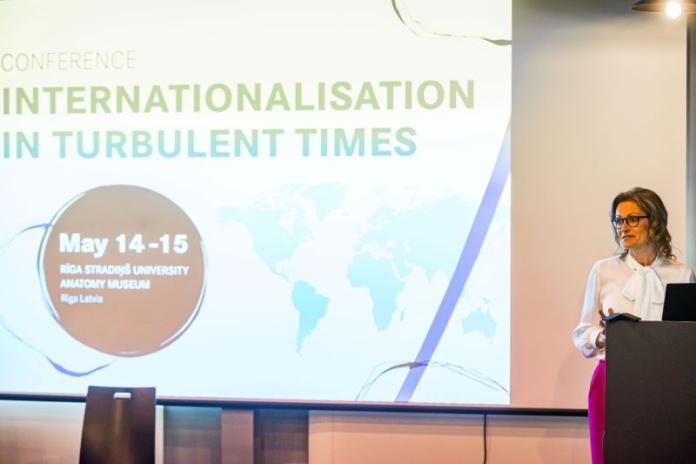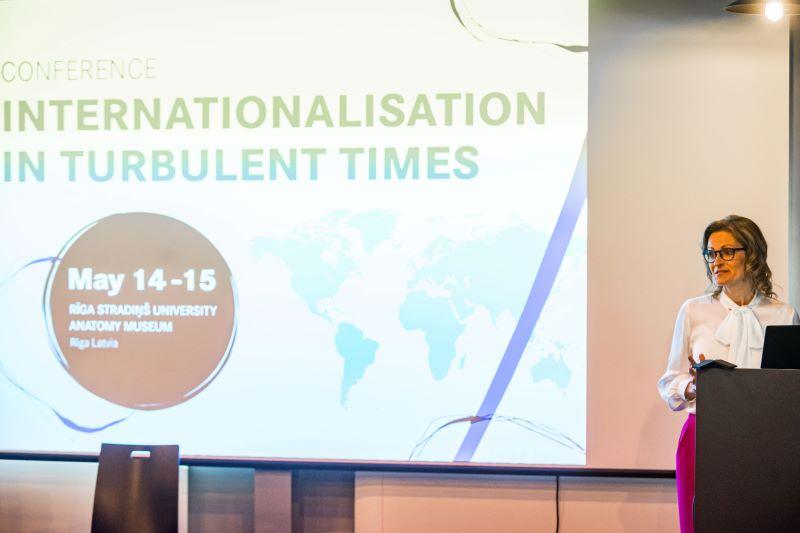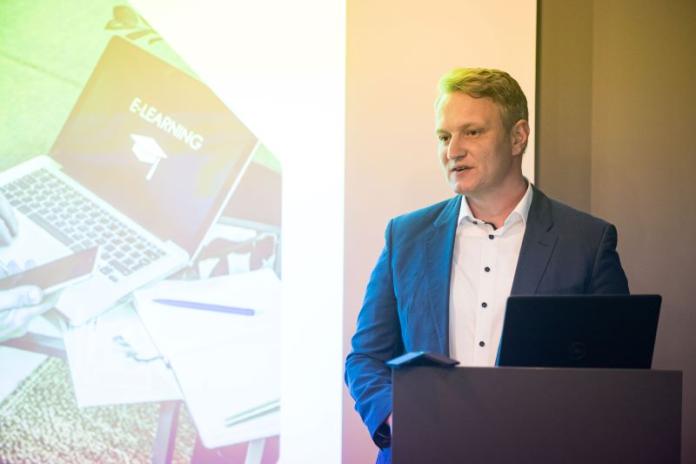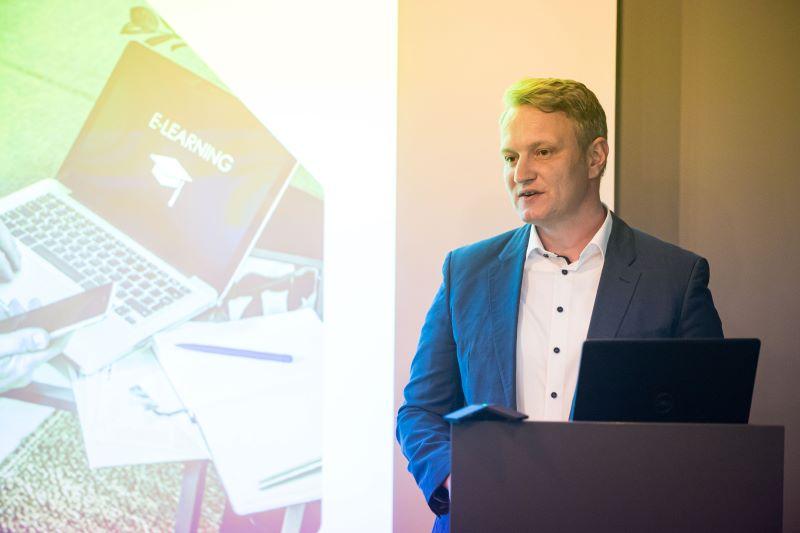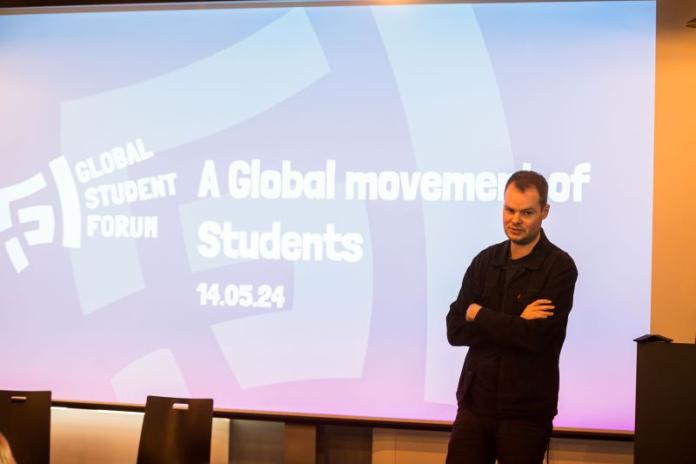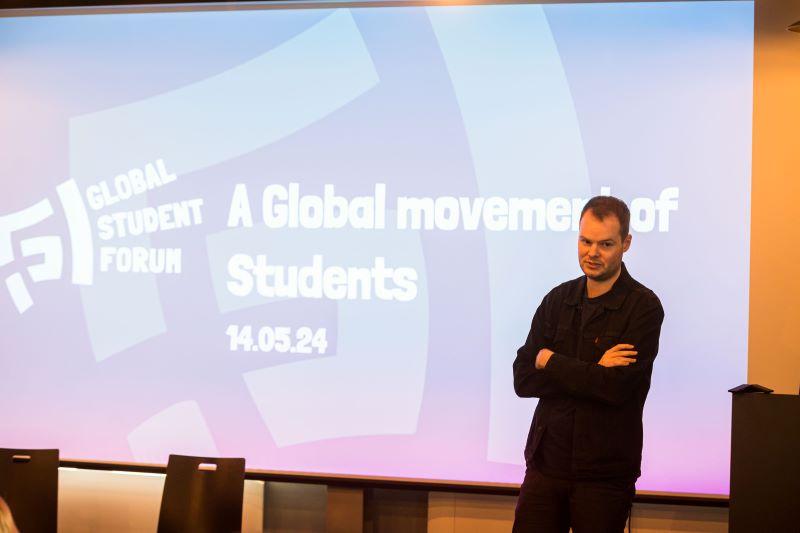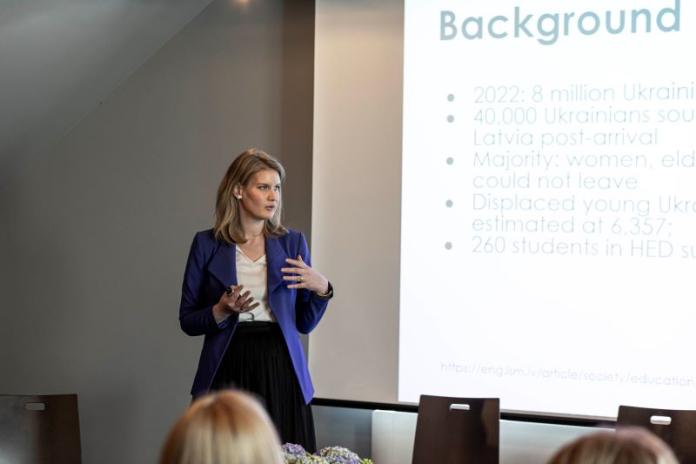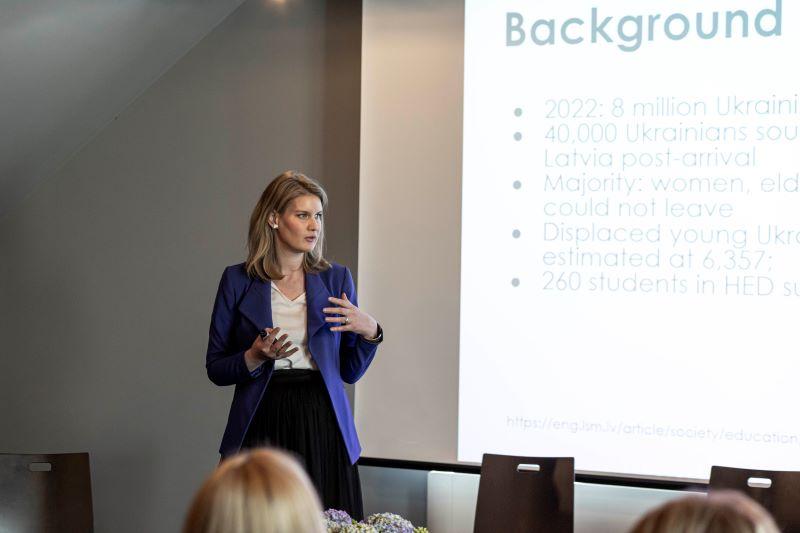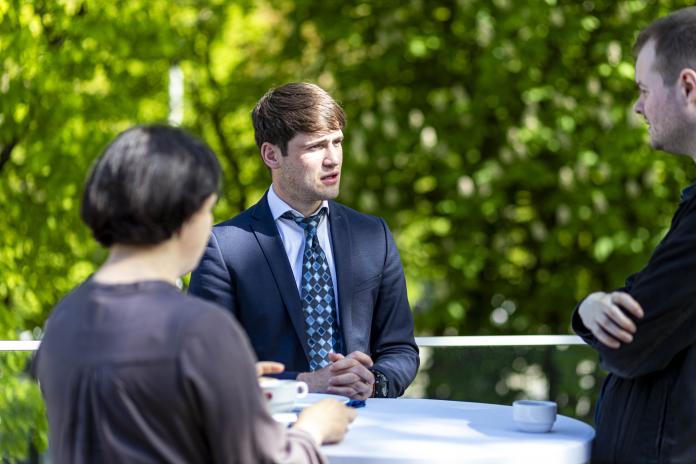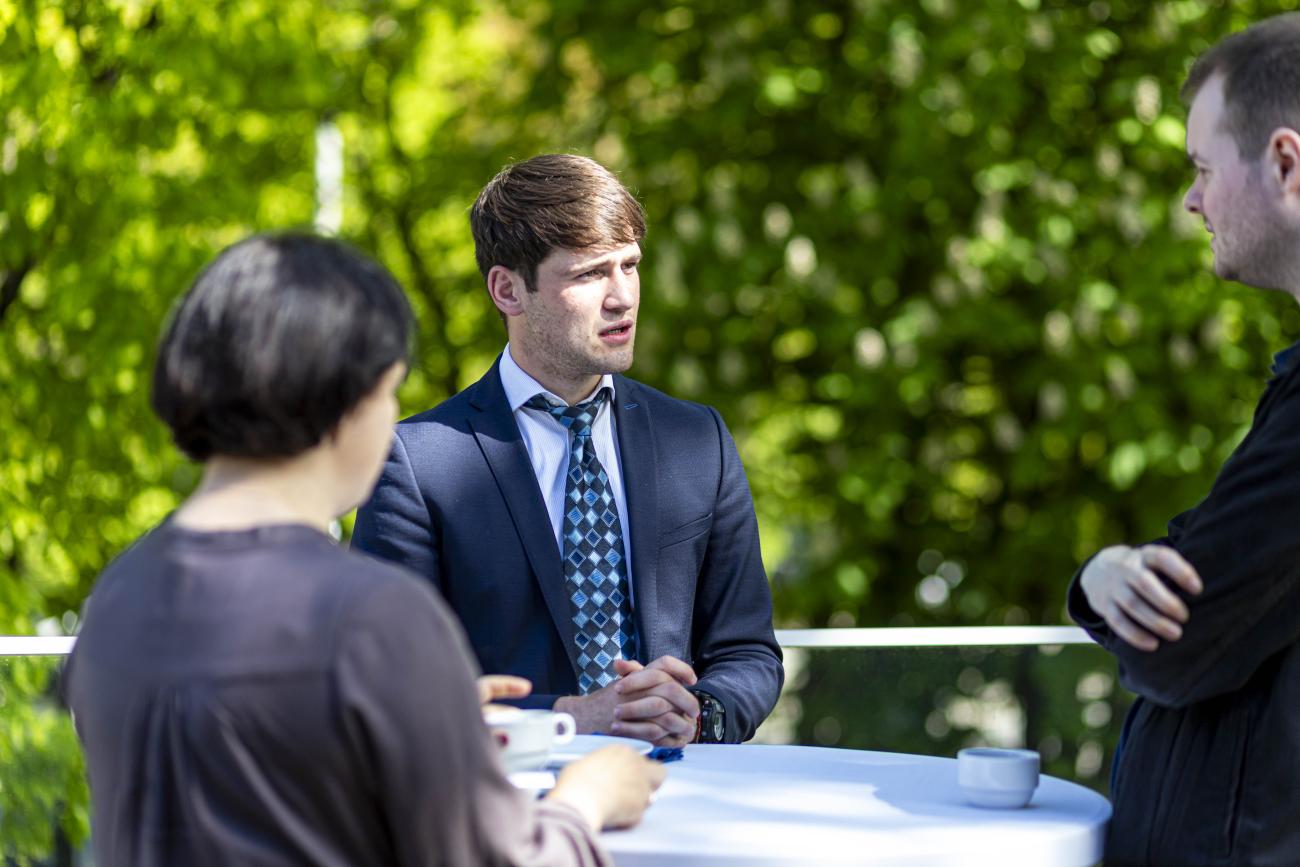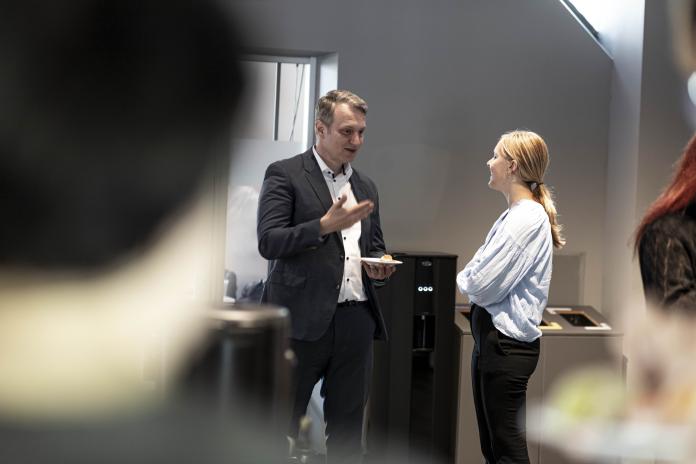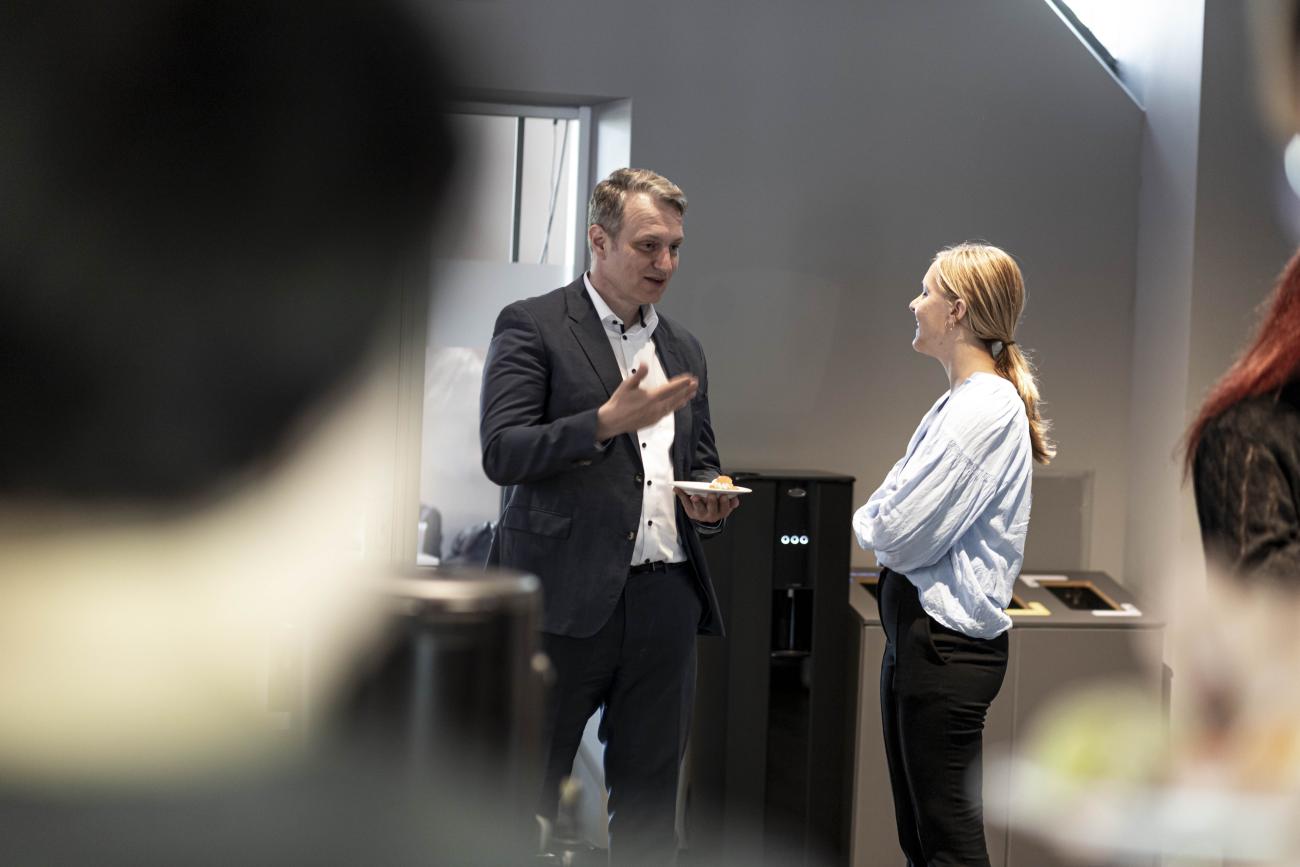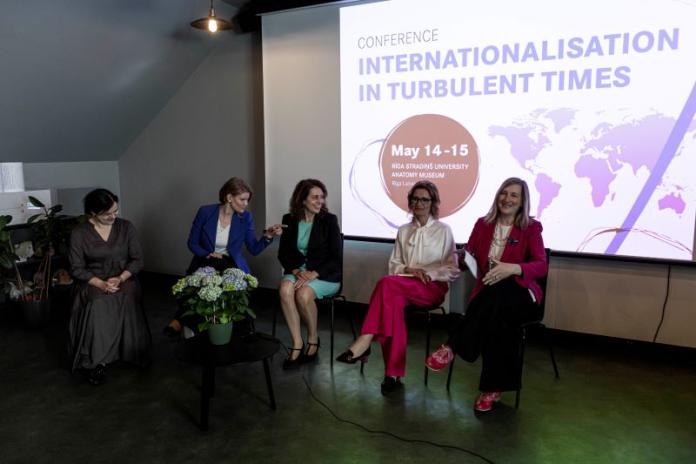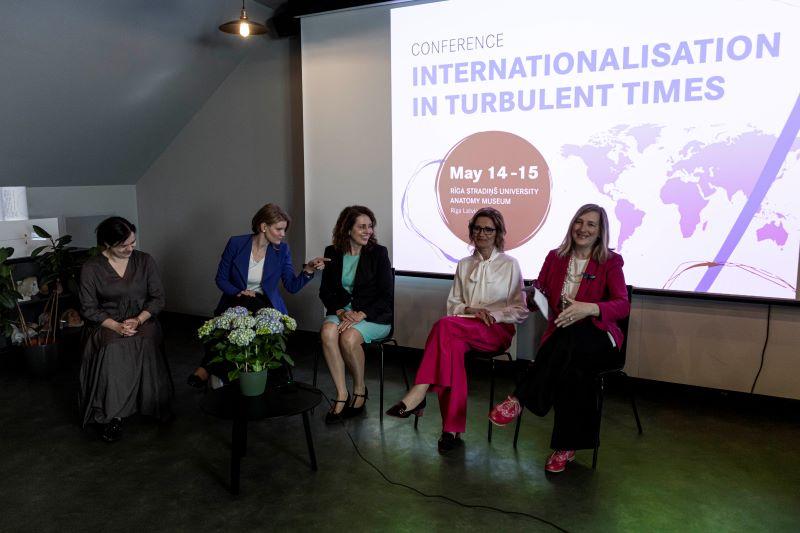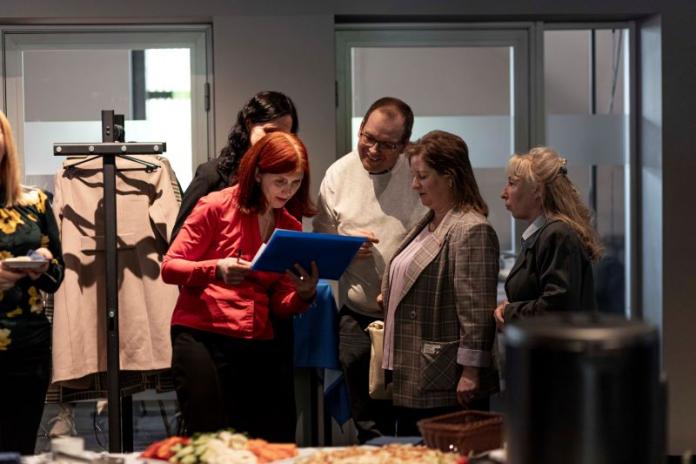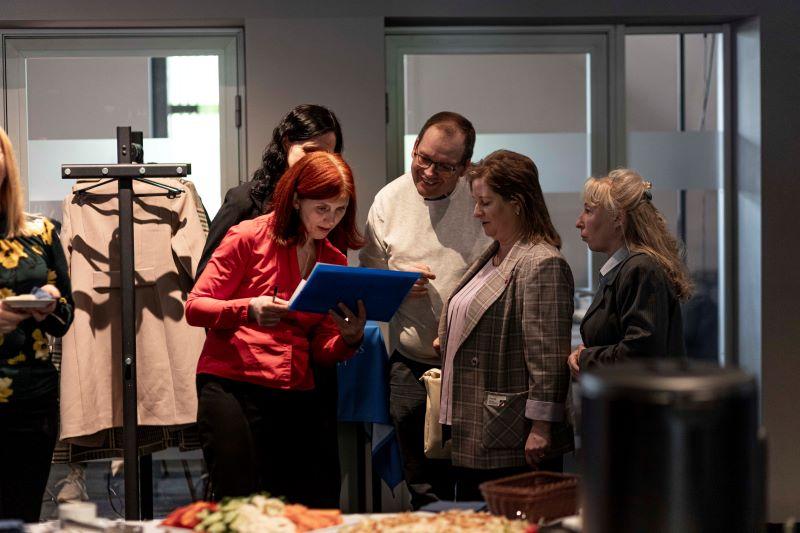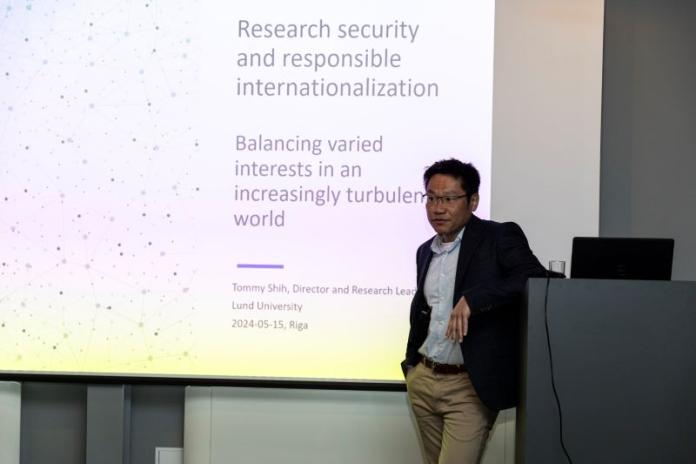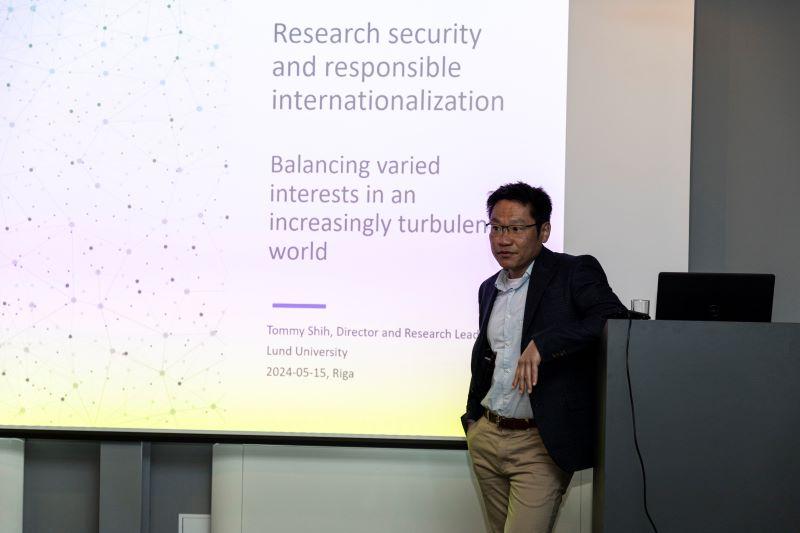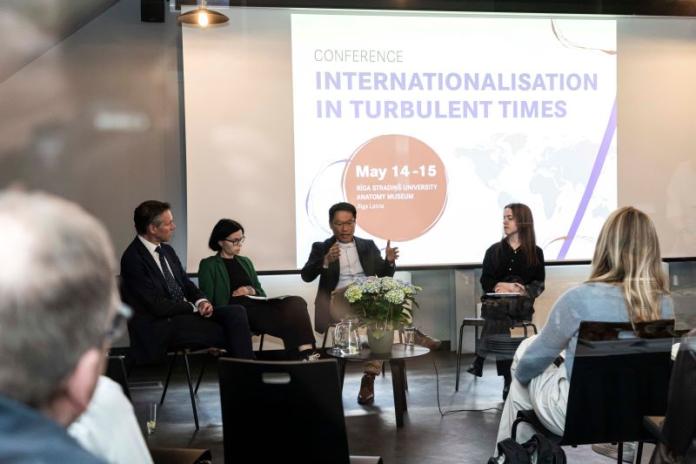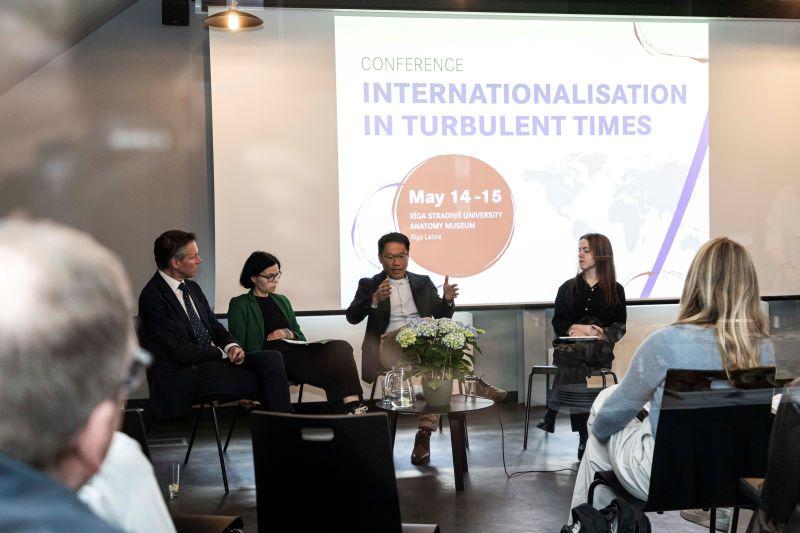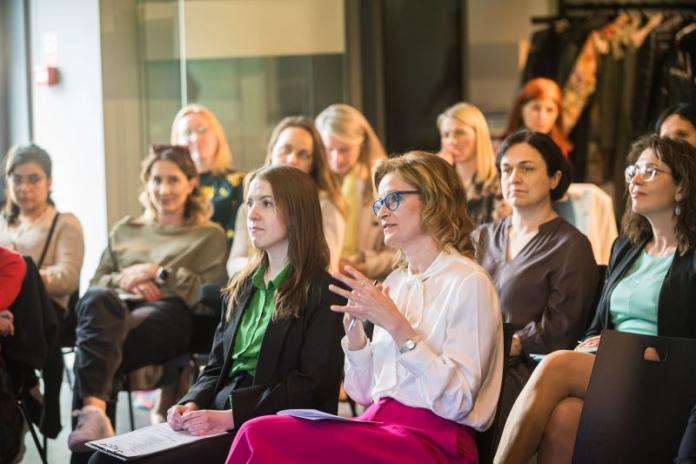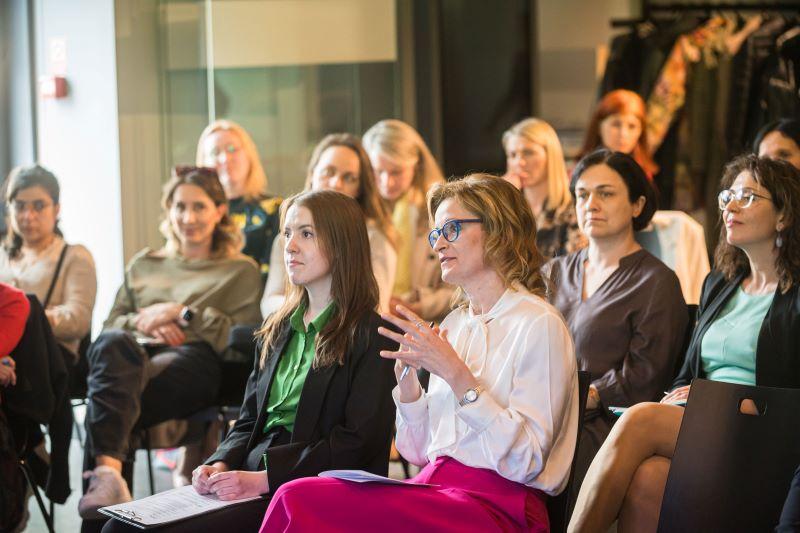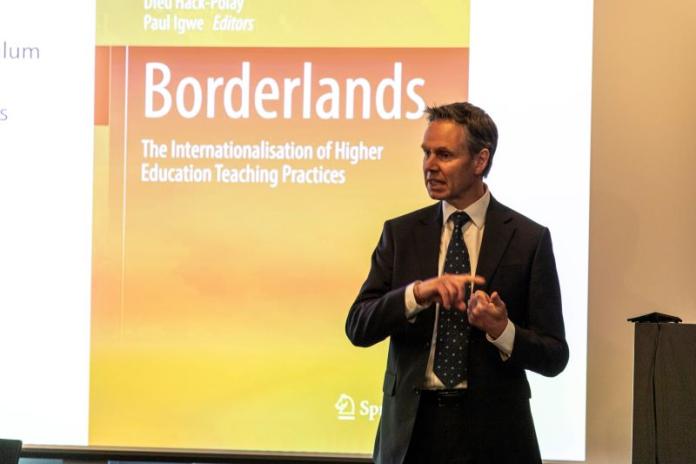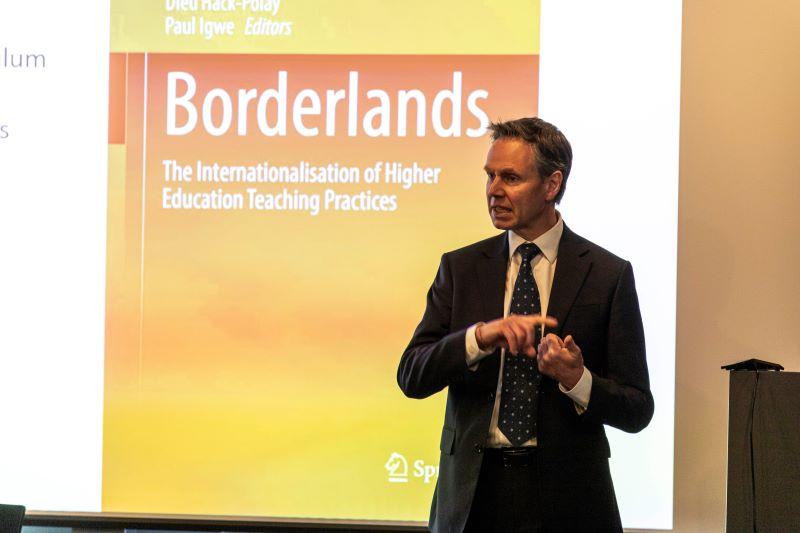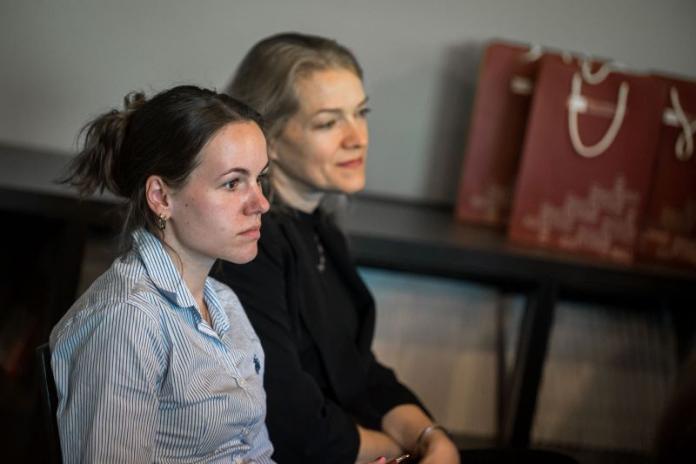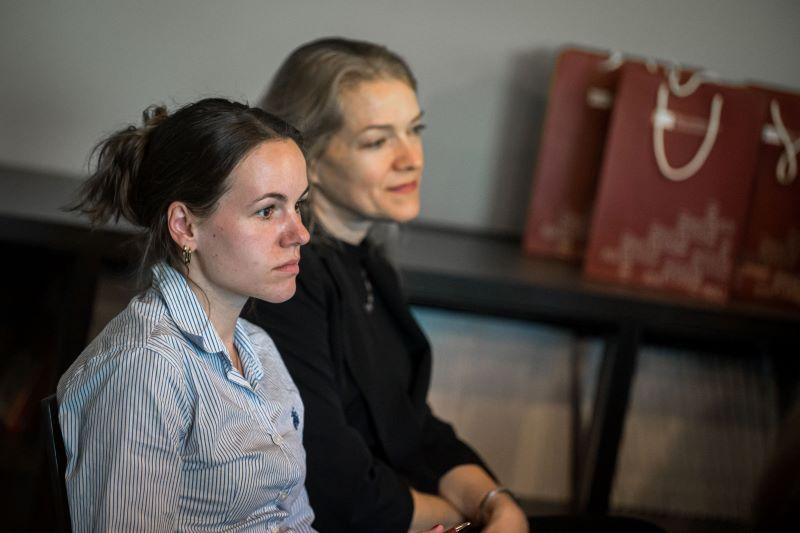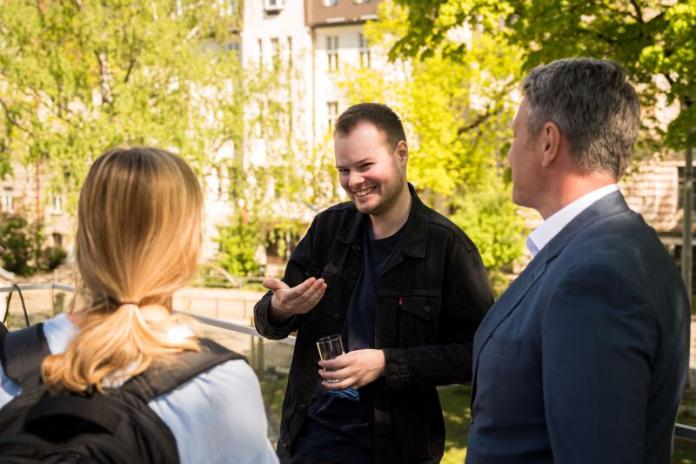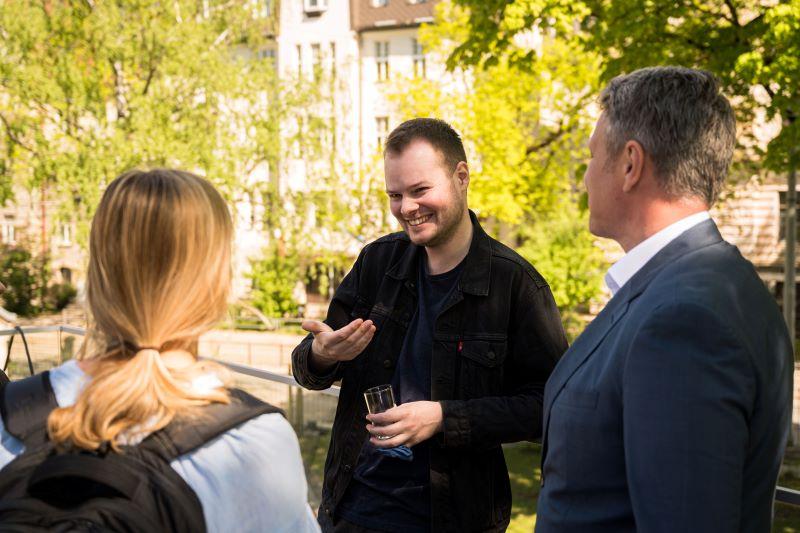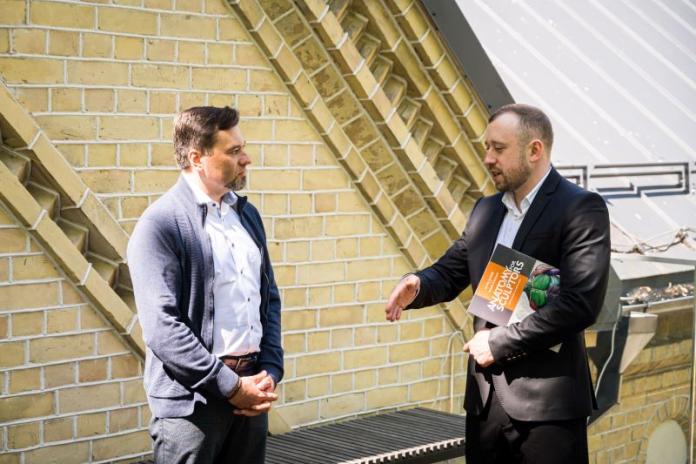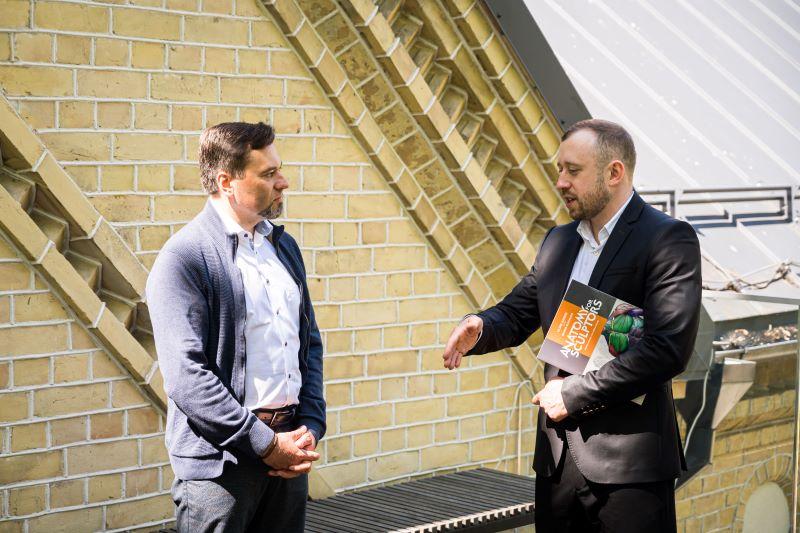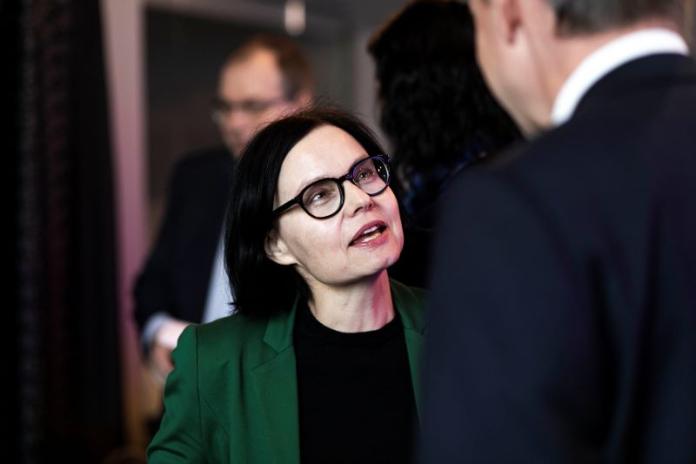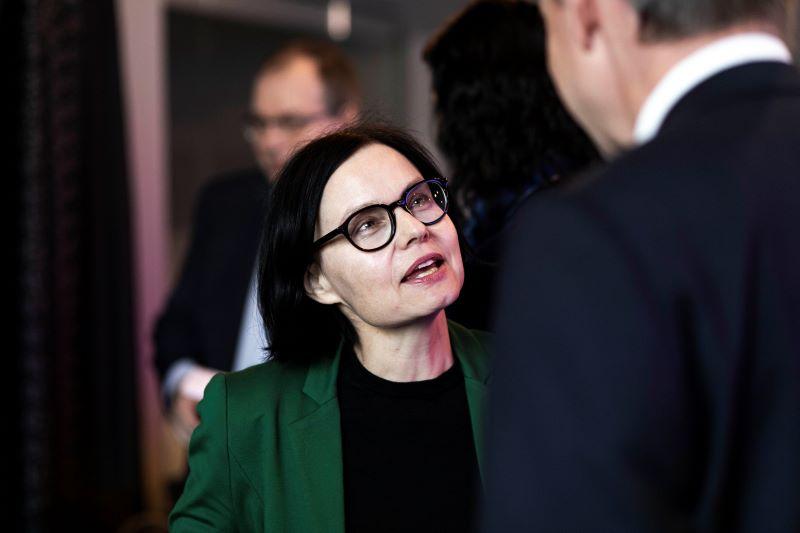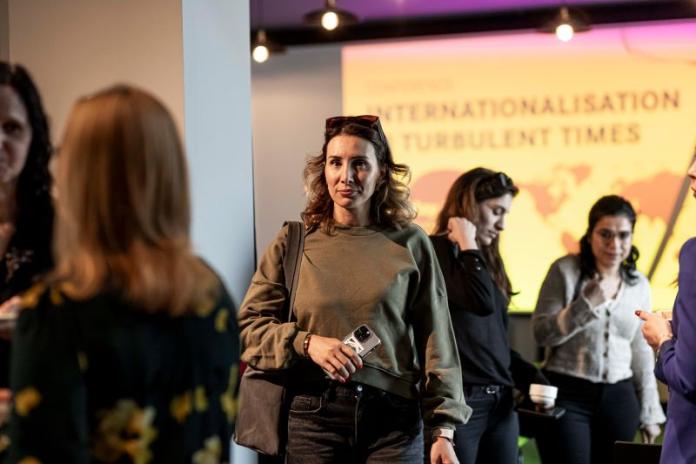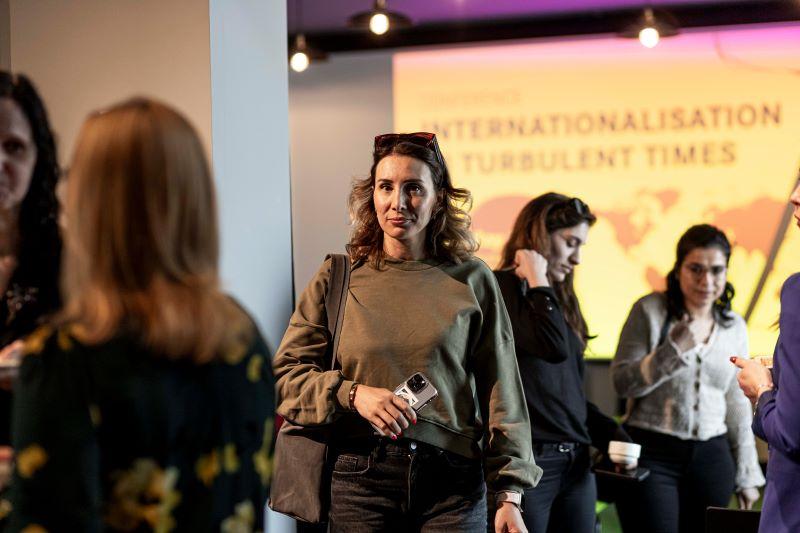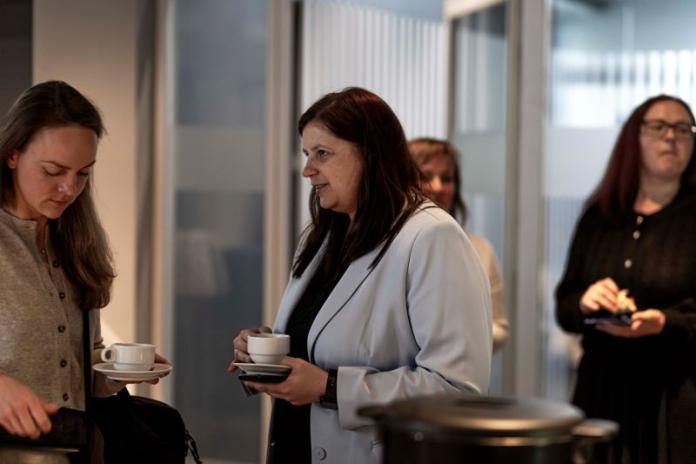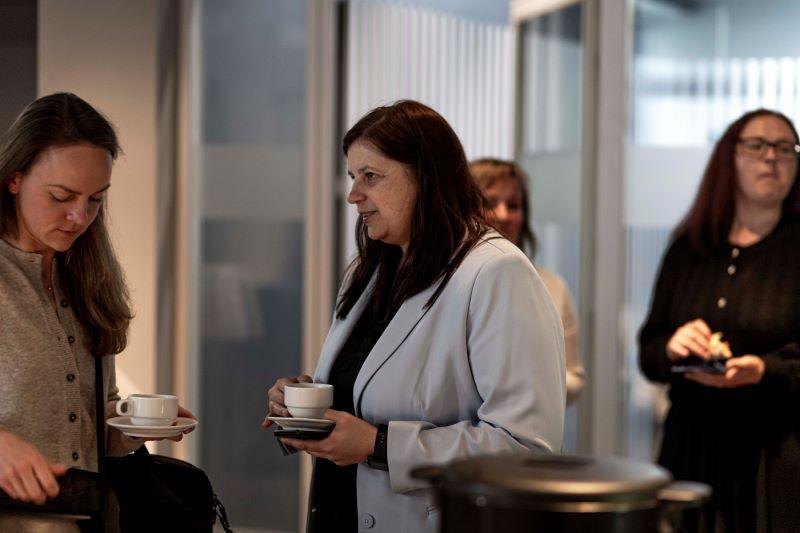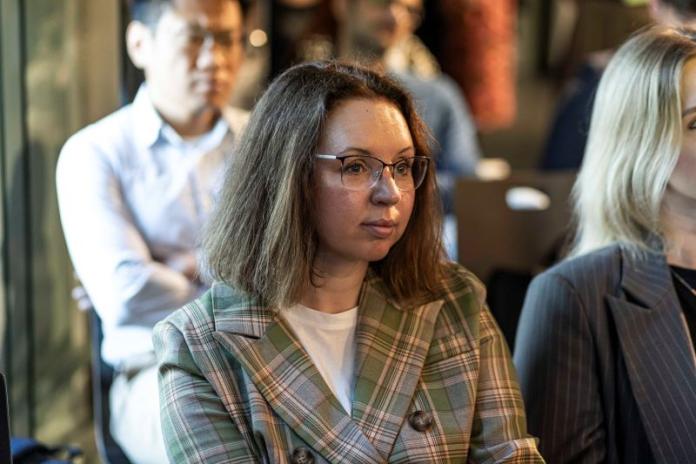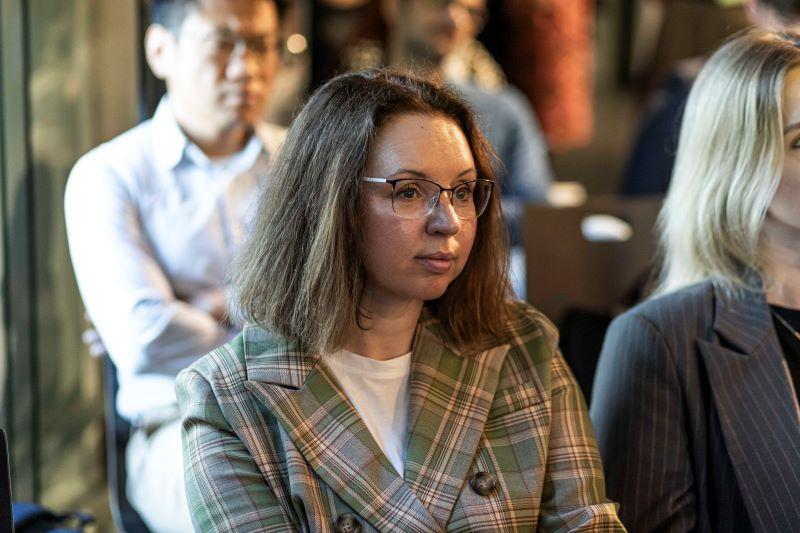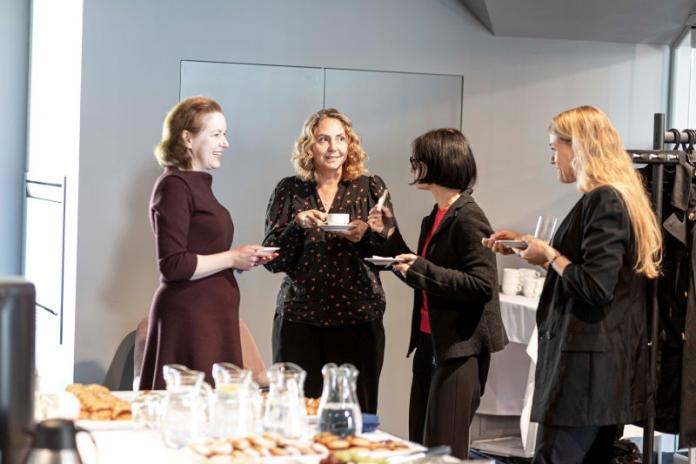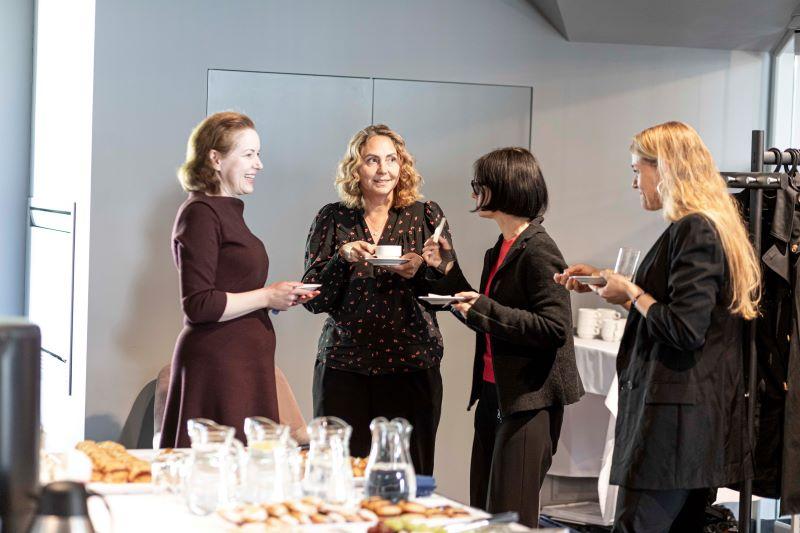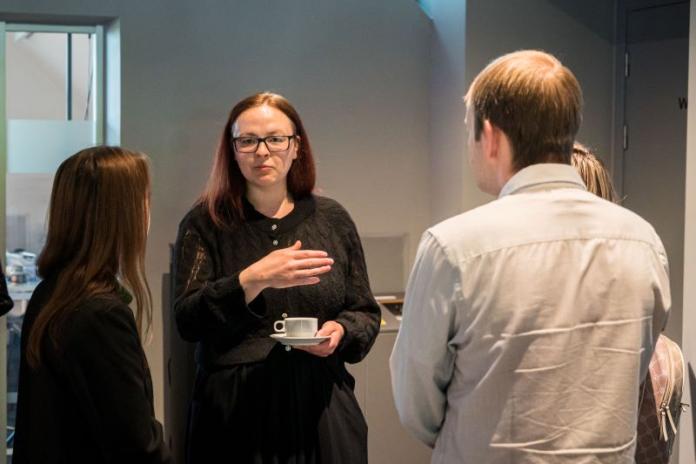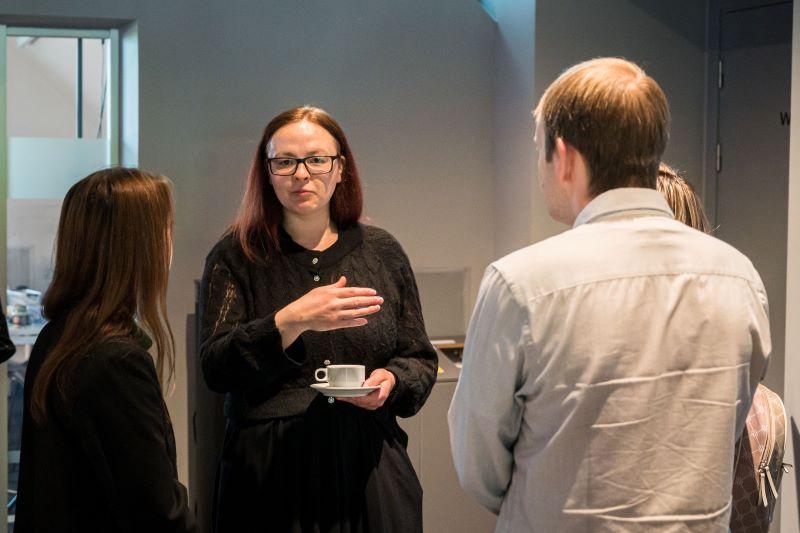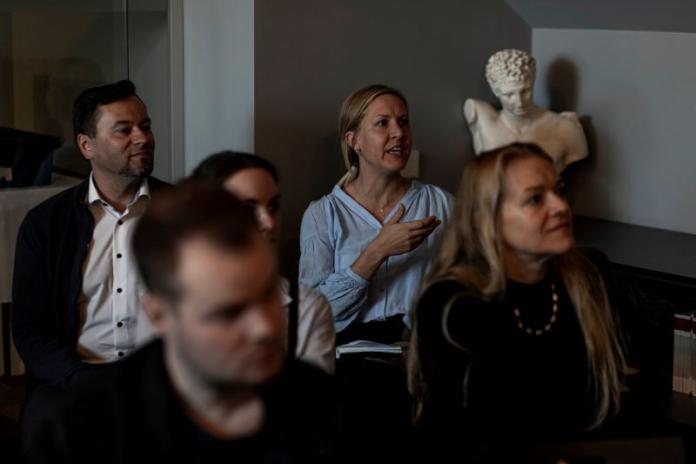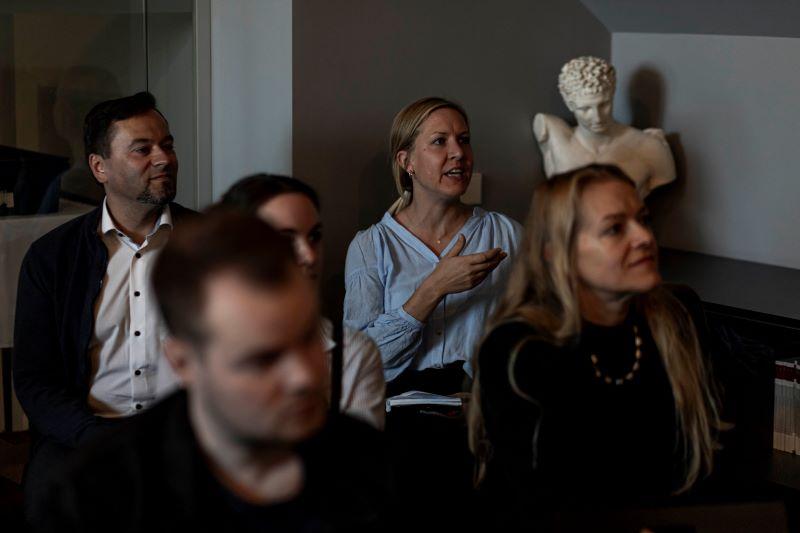International experts discuss the internationalisation of higher education in a changing world
From 14 to 17 May, the Rīga Stradiņš University (RSU) International Department organised a conference and the Erasmus+ international week Internationalisation in a changing world. The event explored how recent events such as geopolitical conflicts, security risks, the pandemic and health crises, migration and related domestic processes, as well as financial challenges and other external factors have changed international cooperation among universities.
‘Ensuring opportunities for international cooperation for various higher education target groups remains a strategic priority for universities. However, the environment in which we operate has significantly changed over the last four years.
Despite this broader context, universities in Latvia and Europe have managed to tackle complex challenges, finding innovative and unique ways to strengthen and develop international cooperation. Therefore, this internationalisation conference aimed to highlight universities' ability to adapt to changes in complex environments,’ explained Baiba Pētersone, Director of the RSU International Department, explaining the choice of the conference theme.
One of the main points of focus at the conference was the impact that national and European policies are having on international cooperation among universities. Eric Foucher, European Affairs Officer at France Universités, an association of executive directors of French higher education and research institutions, stated that international cooperation in education and science plays a crucial role in Europe's reindustrialisation and in achieving its strategic goals. His participation was facilitated by the Embassy of France in Latvia. International cooperation also addresses various global challenges.
Courtney Hartzell, a researcher from Ghent University, shared research findings on the European Commission's flagship education programme, the European Universities initiative, at the conference. This programme has fundamentally transformed the European higher education landscape in recent years.
A significant part of the conference was devoted to discussing national and regional security risks that can arise from unconsidered international cooperation among universities during times of geopolitical tension. Tommy Shih, Scientific Director of the Centre for Responsible Internationalisation Research at Lund University, spoke about risk identification and successful management.
Despite the geopolitical situation, there is a dynamic student movement worldwide. Changes in the wider environment have created a greater need for various student support services and technological solutions, integrating AI into the learning process, innovative financial support forms, and alternative learning opportunities, explained Sergey Krasnyanskiy from the Bonn-based international education company ICEF during his presentation.
Jacob Blasius, Executive Director of the Global Student Forum, highlighted the student perspective. He stressed the need to build cooperation among students from different world regions and integrate their voices into various global forums to find effective solutions to the geopolitical, environmental, economic, and other challenges of today and the future.
The conference also featured several regionally focused discussions. The central theme of the discussion on the Baltic region's experience was the impact that Russia's war in Ukraine was having on higher education. This issue was addressed by Sintija Šmite-Tilika, Head of the organisation Study in Latvia, Kata Fredheim, Vice-President of the Stockholm School of Economics in Riga, and Jolanta Preidiené, Head of the Department of International Relations and Projects at Vilnius University.
Participants in the discussion on European universities and their international cooperation challenges included Toby Wilkinson, the inaugural Director of International Strategy at the University of Cambridge, Barbara Good, Director of the International Office at the University of Vienna, and Tommy Shih. The conference programme was enriched with experiences from higher education institutions in other world regions by Michelle Ensminger, Senior Director of the Office of Global Health at Texas Tech University, Wallace Isaacs, Deputy Director of the Enrolment and Student Administration Department at the University of Pretoria (South Africa), and Zhamilya Utarbayeva, Coordinator of the International Relations at KIMEP University in Kazakhstan.
Erasmus+ Experience Week took place in parallel with the conference. Here, representatives of partner universities were introduced to RSU and the exchange study opportunities that RSU offers.
This was the fifth internationalisation conference and Erasmus+ Experience Week at RSU.
Related news
 Teaching future cardiologists: insights from Dr. Philipp at RSU’s Stade BranchFor Students, International Cooperation, Stade
Teaching future cardiologists: insights from Dr. Philipp at RSU’s Stade BranchFor Students, International Cooperation, Stade